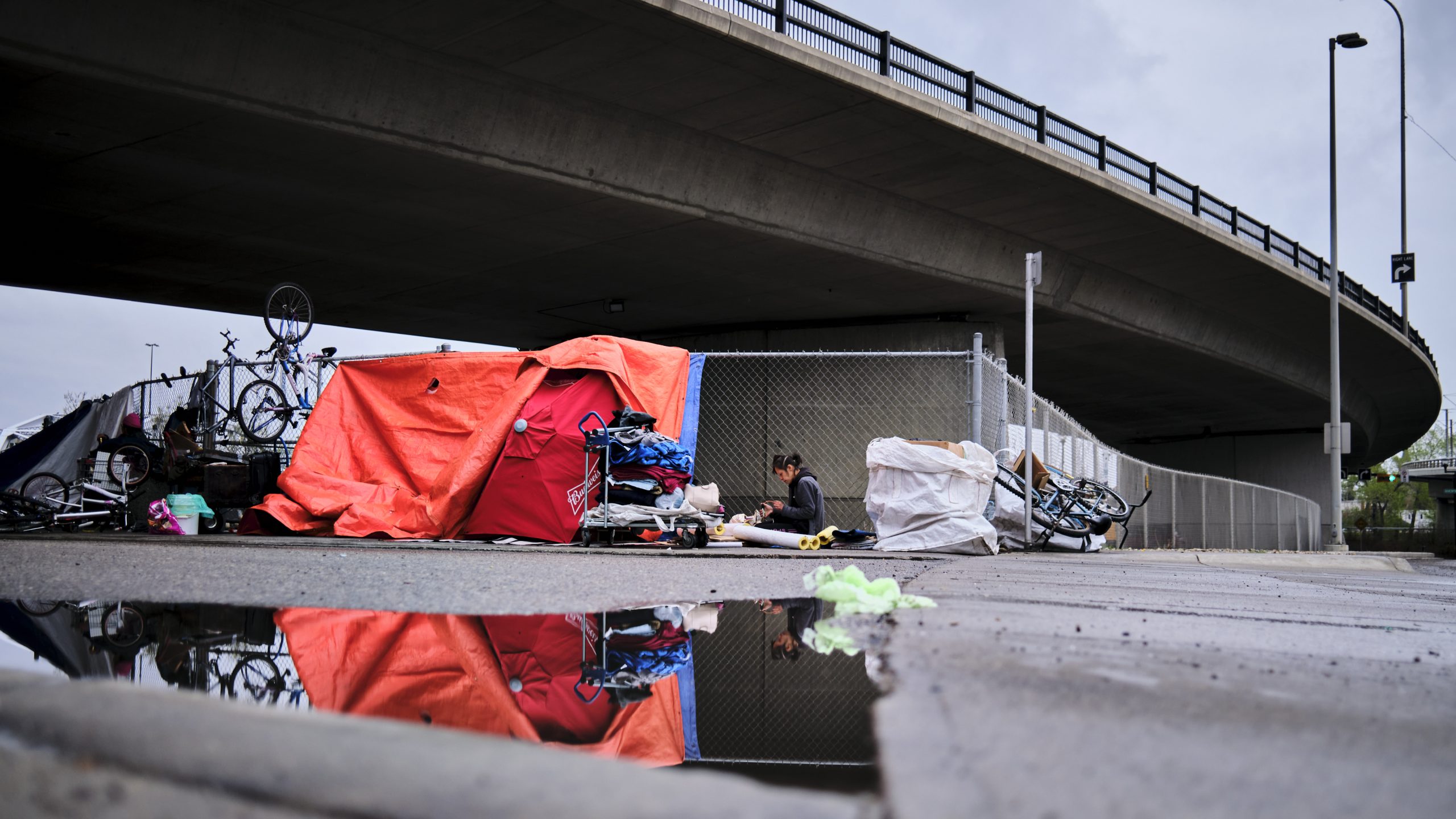
For years’ medical practitioners have suspected it, and they say new research confirms there is a strong correlation between people experiencing homelessness and having mental health conditions.
Researchers at the University of Calgary have conducted a global study with research from 19 countries and conclude more than two-thirds of people experiencing homelessness are struggling with mental health issues.
It’s a stark difference in comparison to the rate of a mental health disorders in the general population.
“In someone’s lifetime, about one in four people will experience a mental health problem,” says Dallas Seitz, senior paper author, psychiatrist and clinician researcher at U of C.
“At any given point in time, it’s probably 10 to 15 per cent of the general population, kind of some rough figures about how common mental health conditions are in contrast to the 66 or 67 per cent that we see in our study.”
For those working with people experiencing homelessness, regardless of the type, any of the mental health issues can be a serious challenge.
Samantha Lowe is the senior director of shelter operations at the Mustard Seed and says often times they are dealing with people with concurrent disorders.
“They’ll have substance use disorders and they also have mental health disorders, where they also have physical impairments,” she says. “There’s a variety of things and that’s why we try to provide wraparound services.”
“That’s why our community care is so important and recognizing that each individual, whether they have a home or not, is part of our community.”
The study finds unhoused males experience a significantly higher lifetime prevalence of mental health disorders compared to females. But more than the gender disparity, it’s the type of disorders that have shocked researchers.
“One of the findings for us that was quite shocking is some serious mental illness things like bipolar disorder and schizophrenia,” says Seitz. “Those conditions tend to be about 1 per cent in the general population, but in these individuals experiencing homelessness, it was eight times higher.”
Besides working on affordable housing for people experiencing homelessness, Seitz says there is a vital need for integrated interventions, as well as gender specific research to address homelessness and the health disparities that both cause it and result from it.